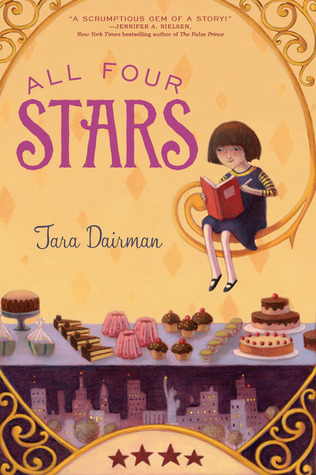I’ve learned so much from fellow writers over the years here
at Project Mayhem, both writing techniques and in overcoming obstacles in the publishing world, or at
least coping with them. I’ve very, very thankful for that. And while this is my
last regular post on Project Mayhem, I didn’t just want to use it to say
goodbye. I wanted to share some of what I’ve been working on to improve my
writing. I’ve gotten very interested in the techniques of traditional oral
storytellers. I’ve been lucky enough to hear some fabulous storytellers over
the years, and I’ve come to realize I actually grew up with one even though I
didn’t know it. My mother had the ability to take ordinary events and in
retelling them, make them extraordinary. As a child, I didn’t appreciate it. In
fact, I found it down right annoying, because I knew she was "embellishing" the
truth. I’d been present at these ordinary events and they never happened exactly
the way she recounted them. She could hold an audience though, making people
see the events she was describing, and make them wish they’d been lucky enough
to be there.
Storyteller Mary Hamilton, in her book KENTUCKY FOLKTALES,
Revealing Stories, Truths, and Outright Lies, says something similar about her
father, “He is the kind of storyteller that when he starts telling about an
event you sit there, you listen, and you can’t help but almost wish you hadn’t
been there yourself. That way your memory of it wouldn’t be quite so at odds
with what he’s telling.” That’s the key to telling a good story, putting just enough
of a twist and a spin on describing an ordinary event to make it more than just
an event, to make it a story.
Writers can’t mimic all of great storytellers’ techniques,
because we don’t have the ability to use interesting voices and gestures for
our audience to see, but there are some things middle grade writers in
particular can take away from the storytelling process. I think most great storytellers’
main goals are to entertain. They choose their stories very carefully, and if there
is a message in them, it’s subtly woven in so that the audience may not even be
aware they are being given a message. Those are the kind of stories I want to
write. I don’t care if the middle graders who read my stories can’t see a
message in them. I just want them to love the stories.
We all strive to connect with our audiences too, by making
them able to visualize whatever scene we are describing, whether through the
written word or the spoken word. And with a middle grade audience, you have to
bring yourself away from the adult world to see what they would see, before you
can describe it. It’s all in the details, and the best storytellers I’ve seen
retain an ability to pick just the right details, but not too many, to create
their scenes. I’m going to continue to
listen to storytellers, to learn what I can. Maybe someday, I’ll take it up
myself! There’s always a new challenge ahead. If you get a chance to listen, I
love this video of storyteller Diane Ferlatte https://www.youtube.com/watch?v=QEoEGr955tw
Thanks to all the Project Mayhemers, past and present. I’ll
keep in touch! ~Dee Garretson















